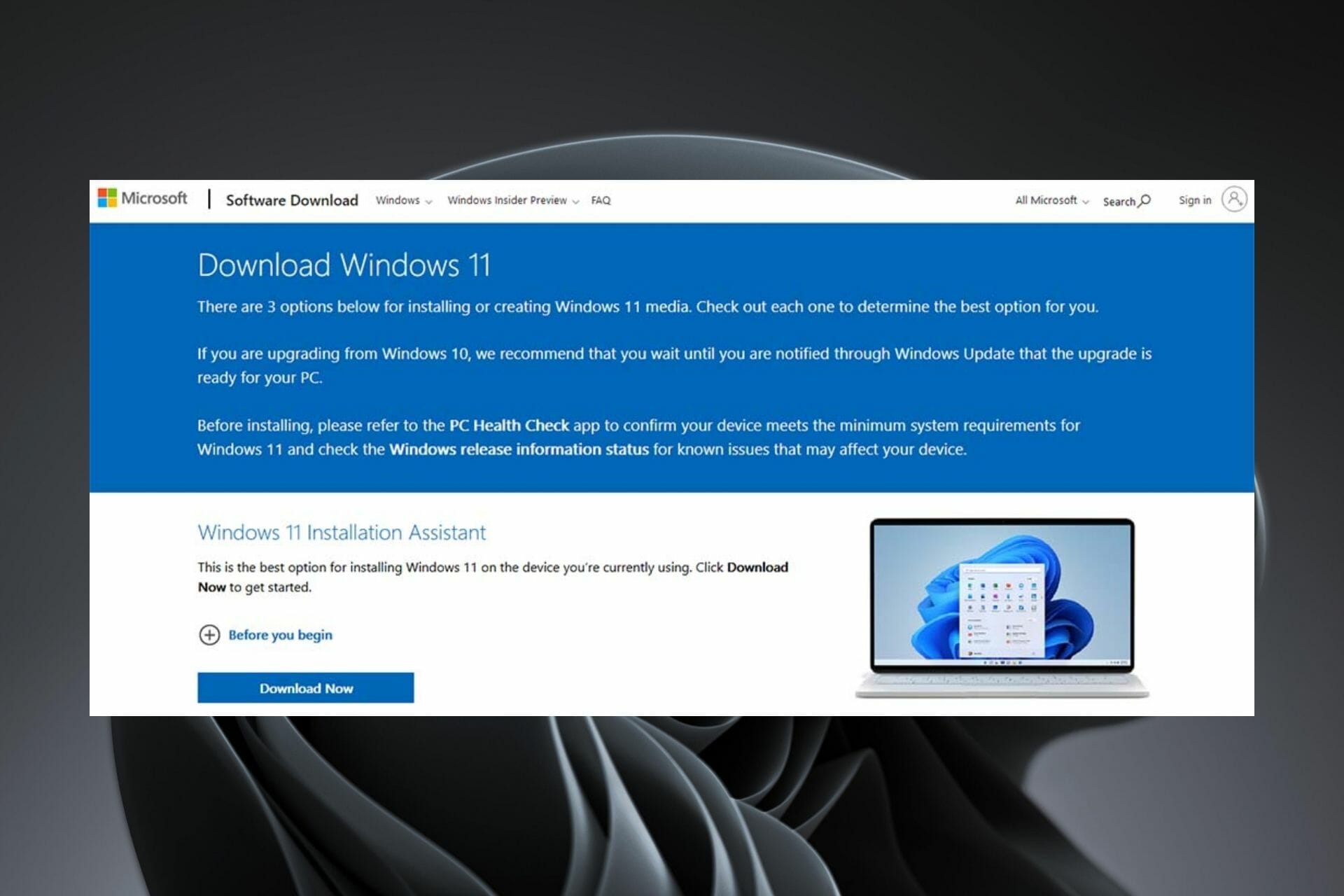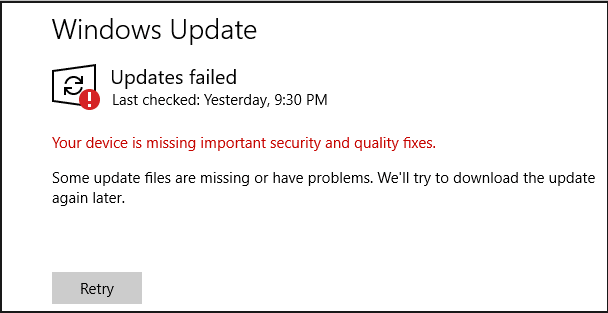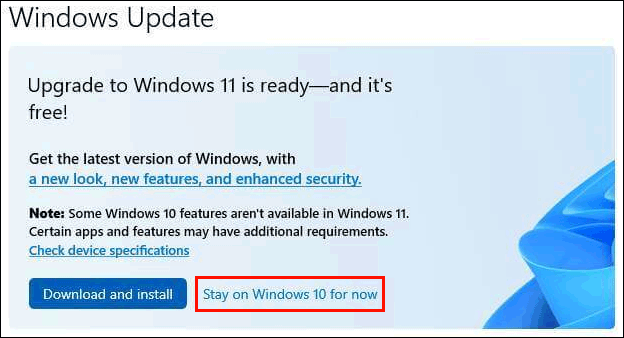How to Refuse Windows 11 Upgrade [Get It Later]
Microsoft will not force you to accept the Windows 11 upgrade
- Windows 11 comes as a free upgrade offer to all Windows 10 users, if they meet all the system requirements.
- There is currently no known deadline for when the free upgrade offer will end.
- It is important to upgrade to the latest Windows version to continue receiving critical security updates.

Before we get down to the nitty-gritty about what happens if you decline the Windows 11 upgrade, let’s rewind for a moment.
Does this mean that there’s a deadline for the free offer? Windows 11 is currently on a free upgrade offer for all Windows 10 users on their PCs or from Microsoft’s official website.
Those yet to upgrade to Windows 11 may wonder whether there are any consequences if they decline the upgrade offer.
Why are people declining the Windows 11 free upgrade offer?
The Windows 11 upgrade offer is free, so why would anyone decline? Well, there’s more to it than meets the eye.
Below are some reasons why users are hesitant to jump on the Windows 11 bandwagon:
- System requirements – First of all, the minimum system requirements are a bit too stringent for users. Upgrading will ultimately force one to purchase a new device if the old one is not up to par.
- Frequent bugs – Some users have also reported that the OS is plagued by a number of recurrent bugs that make it unstable hence the hesitation.
- New UI – The rest are not impressed with overhauling the entire user interface. Whereas most people have received the new features, others would prefer the old UI.
While these reasons are all valid, there might be consequences for failing to upgrade in the near future.
What will happen if I decline the Windows 11 upgrade?
If you decline the Windows 11 upgrade, assuming you’re on Windows 10 now, you’ll continue to receive security updates. This will only apply as long as your version of Windows 10 is supported.
As of right now, Microsoft will support all versions of Windows 10 through October 2025. The dates could change before the tech giant decides to end support for them. For now, we can assume that it will be at least a few years.
On an operating system as large as Windows 10, there will inevitably be updates that contain bugs that need to be fixed.
When that happens, your PC won’t get security updates anymore and could become vulnerable to malware and other threats. In general, Microsoft wants all devices running the latest version of its OS for security purposes.
Expert tip:
SPONSORED
Some PC issues are hard to tackle, especially when it comes to missing or corrupted system files and repositories of your Windows.
Be sure to use a dedicated tool, such as Fortect, which will scan and replace your broken files with their fresh versions from its repository.
Another reason is that Microsoft may also want to avoid fragmentation issues among different versions. This will help avoid issues as it continues to develop new features.
If you decline the upgrade to Windows 11, there’s a chance that some apps might stop working. In such cases, you may not be able to do much about that besides upgrading.
Can I be forced to accept the Windows 11 upgrade?
No, Microsoft will not force you to accept the Windows 11 upgrade. Refusing to upgrade is as easy as canceling a pop-up window.
Depending on your user account and settings, you might even be able to turn off the update reminder entirely or at least indefinitely.
While the latest version of an operating system will often have new features or a more streamlined interface, it’s important to remember that when it comes to tech products like software, newer doesn’t necessarily mean better.
You can check out our in-depth Windows 10 versus Windows 11 comparison to see whether you are missing out on any features.
Ultimately, whether you like it or not, there shall come a time when you will have to upgrade. It’s just a matter of time until Microsoft pulls the plug on your OS, and you stop receiving critical updates.
The risks of running an unsupported version of Windows are way too many to ignore the upgrade. So while it’s possible to extend the life of your existing software by not upgrading, it will only last for so long before you have no choice but to upgrade.
We hope you now have a clearer picture of the consequences of declining the Windows 11 upgrade.
Find out how long the free upgrade will last so you can upgrade sooner rather than later. You can also check out Windows 11 best features to get a feel of what you will be signing up for.
Have you downloaded Windows 11? What is your experience so far? Feel free to share with us in the comment section below.
Still experiencing issues?
SPONSORED
If the above suggestions have not solved your problem, your computer may experience more severe Windows troubles. We suggest choosing an all-in-one solution like Fortect to fix problems efficiently. After installation, just click the View&Fix button and then press Start Repair.

